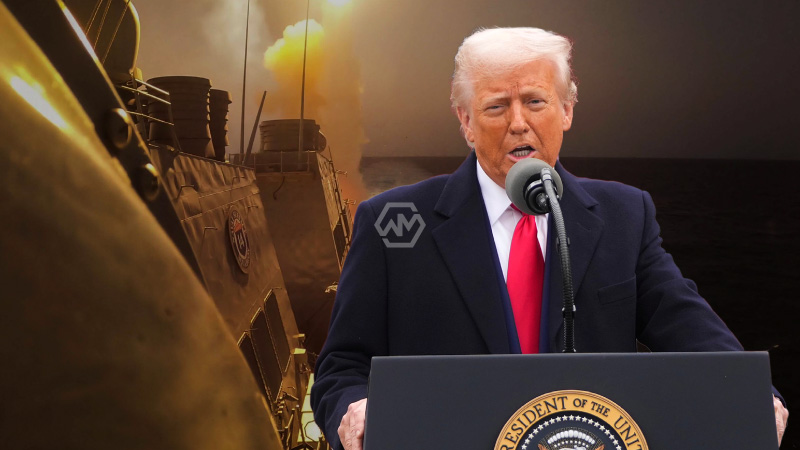- The U.S. halts airstrikes against Yemen’s Houthis after they agree to cease attacks on U.S.-linked ships in the Red Sea.
- Israeli forces continue to target Houthi positions despite the U.S. ceasefire, escalating regional tensions.
- Omani mediation facilitated the ceasefire, but Houthi attacks on Israel remain ongoing as Gaza conflict continues.
The United States has announced a ceasefire with Yemen’s Houthi rebels after months of intense military operations under “Operation Rough Rider,” aimed at countering Houthi attacks on American and allied vessels in the Red Sea.
Despite the U.S. ceasefire, Israel has launched retaliatory strikes on Houthi targets in Yemen following missile attacks that disrupted flights near Ben Gurion Airport.
Ceasefire Announced Between U.S. and Yemen’s Houthis Amid Ongoing Regional Conflict
Omani Foreign Minister Sayyid Badr Al Busaidi announced a breakthrough in negotiations between the U.S. and Yemen’s Houthi rebels, leading to a ceasefire in the Red Sea. The agreement, which ends U.S. bombings of Houthi positions, was confirmed by President Trump, who stated that the Houthis had “capitulated” and vowed to cease attacks on American-linked vessels. This development follows months of intense military engagement since the U.S. initiated Operation Rough Rider in March 2025.
While the U.S. ceases military actions, Israel remains actively engaged against the Houthis. Following a missile attack that injured several near Ben Gurion Airport, the Israeli military struck multiple Houthi positions, including the airport in Sanaa. The targeted strikes underscore Israel’s ongoing concerns about Houthi threats amid the Gaza conflict, complicating regional stability even as the U.S. withdraws.
Despite the ceasefire, Houthi leader Mahdi Al Mashat remains resolute in his stance against Israel, urging Israelis to “stay in shelters or leave” as the group continues to align its attacks with Gaza’s plight. This rhetoric suggests that while U.S. vessels may gain a temporary reprieve, Israeli interests remain at risk, perpetuating regional instability.
Analysts warn that the ceasefire may be fragile, as Houthi leaders have indicated that their actions will be closely monitored and reassessed based on U.S. military activity in the region. Meanwhile, the U.S. faces criticism for its handling of the campaign, including operational missteps and significant civilian casualties.
The ceasefire between the U.S. and Yemen’s Houthis signals a de-escalation in American military operations but leaves regional tensions unresolved, particularly regarding ongoing Houthi attacks on Israel.
“They say they will not be blowing up ships anymore, and that’s the purpose of what we were doing.” — U.S. President Donald Trump



